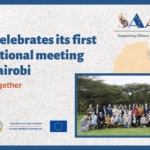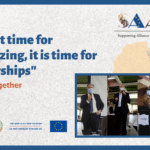During the meeting in Nairobi, the partners visited the facilities of Don Bosco Boys Town and had the opportunity to meet the students and discover the projects they are currently working on
Nairobi, Kenya. On Monday 1st of June, the first day of the Nairobi Intermediary Meeting, the SAAM partners visited Don Bosco Boys Town, a Don Bosco Center located in Nairobi that participates in the project and that will send VET students to Europe when that phase of SAAM arrives. There was no better way of introducing a week of work.
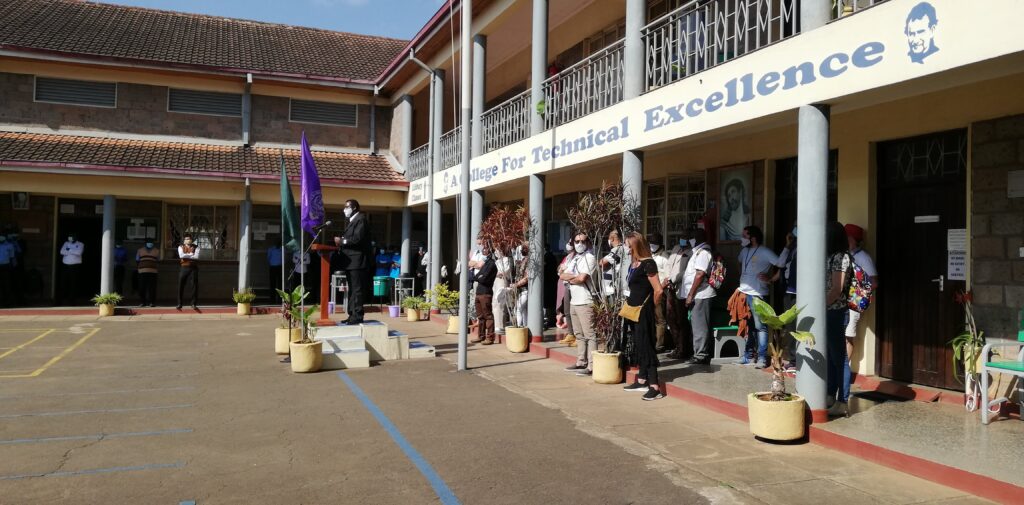
The students and the teachers received the SAAMers with an incredible welcoming event. Firstly, they enjoyed a performance prepared by the school scouts in the schoolyard and there was some time for speeches. Brother Francis, the principal of the school; Enrique Miana, CEO of Mundus, and Alfredo Garmendia, Head of International Department of San Viator; used their speaking turns to explain the reasons of the visit and thanked each other.
Later, in the Assembly Hall, the students made the guests enjoy with some traditional dances and songs.
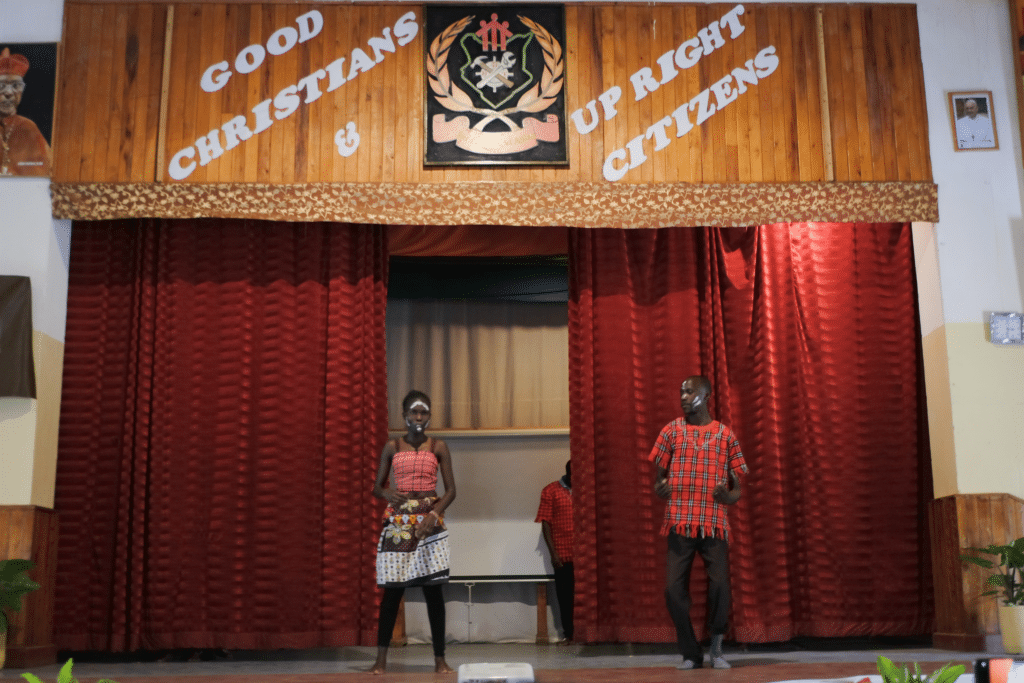
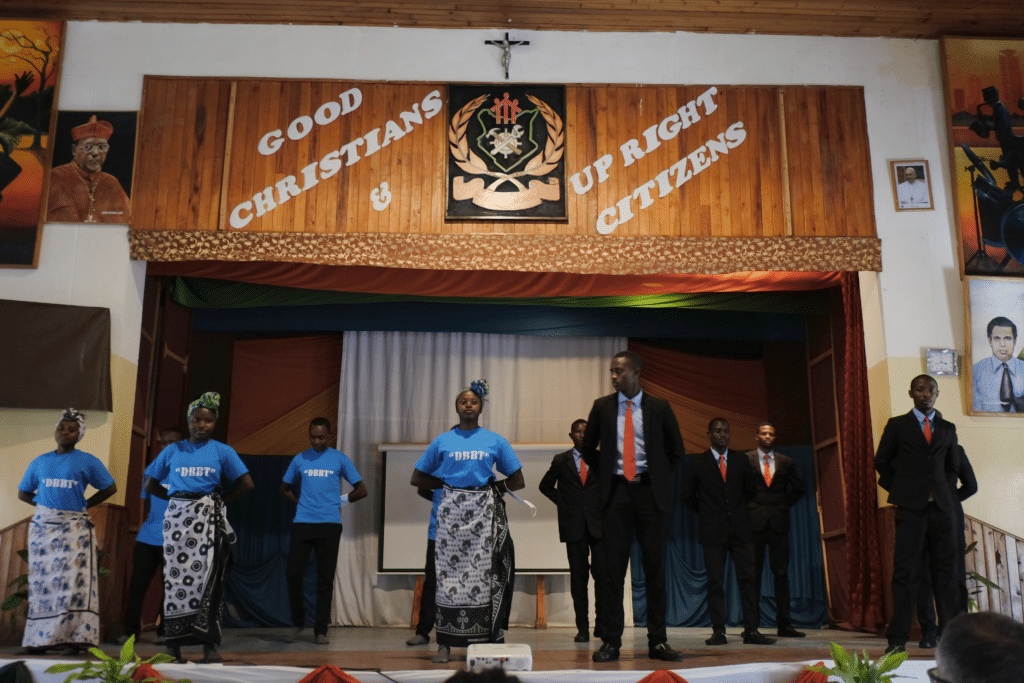
After the warm welcome, the SAAM partners were divided into groups and they visited all the facilities of the center. The Don Bosco Boys Town school is a huge center which includes many buildings dedicated to different VET specialities in just one big space: engineering blending, electricity and electronics, fashion design, builders, solar energy, plumbing, mechanics, welding, secretary or beauty and hairdressers.
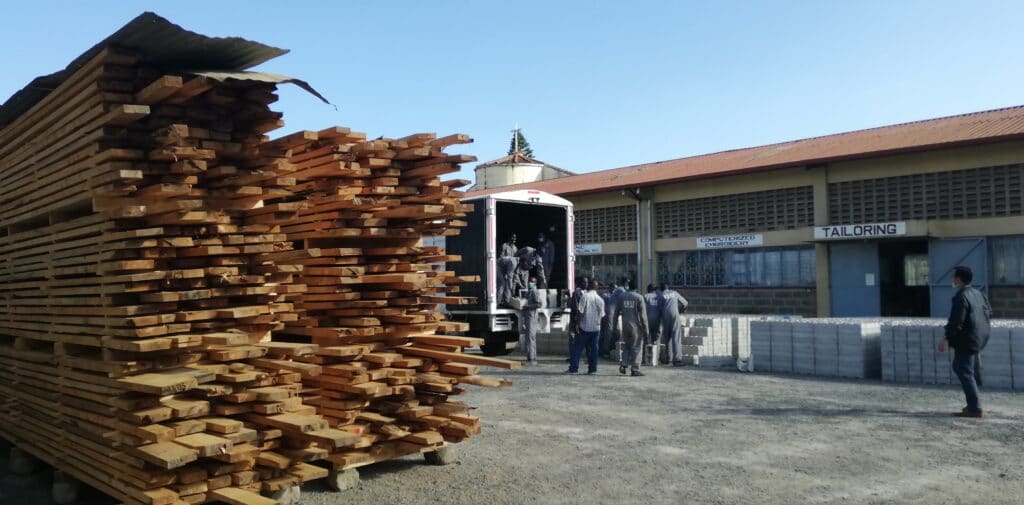
Besides discovering the place, the partners had the chance to meet in person the Don Bosco Boys Town students and to see the projects that they were preparing at that moment. This was an incredible opportunity for the partners due to the fact that this Don Bosco center participates in SAAM and will send VET students to Europe in the following phases of the project. Therefore, maybe some of the teachers and staff members who travelled to Nairobi have already met the students that may spend some time in their centers in the future.
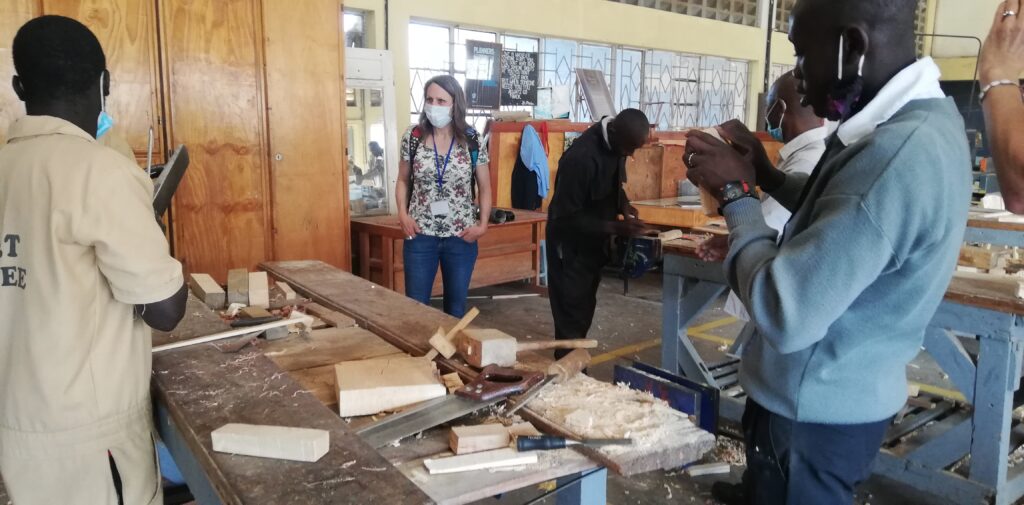
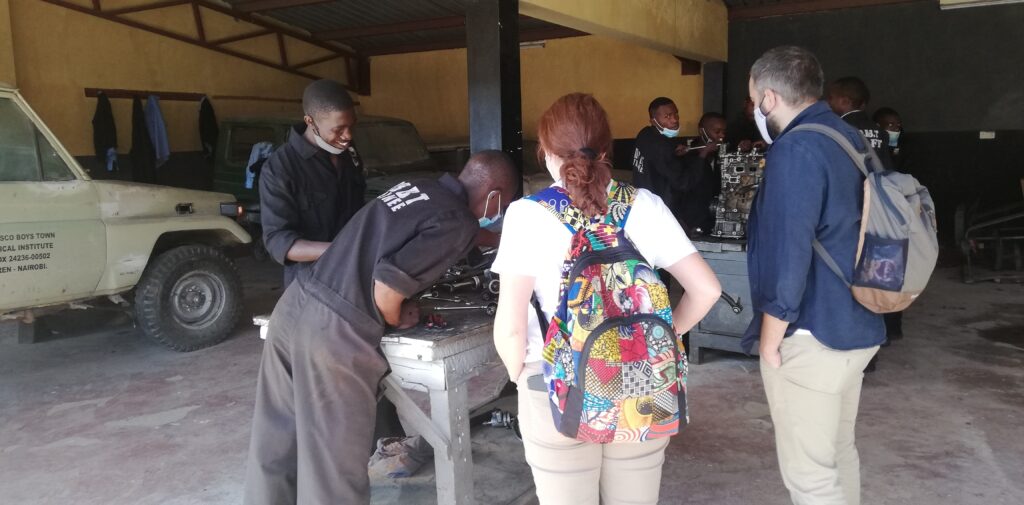
According to the partners, after many months of analysing the VET system and the centers online, seeing the students work in person and having the opportunity to talk to them about their studies was an “unforgettable experience”.
This publication was produced with the financial support of the European Union, under the Africa-EU partnership. Its contents are the sole responsibility of the authors and do not necessarily reflect the views of the European Union

